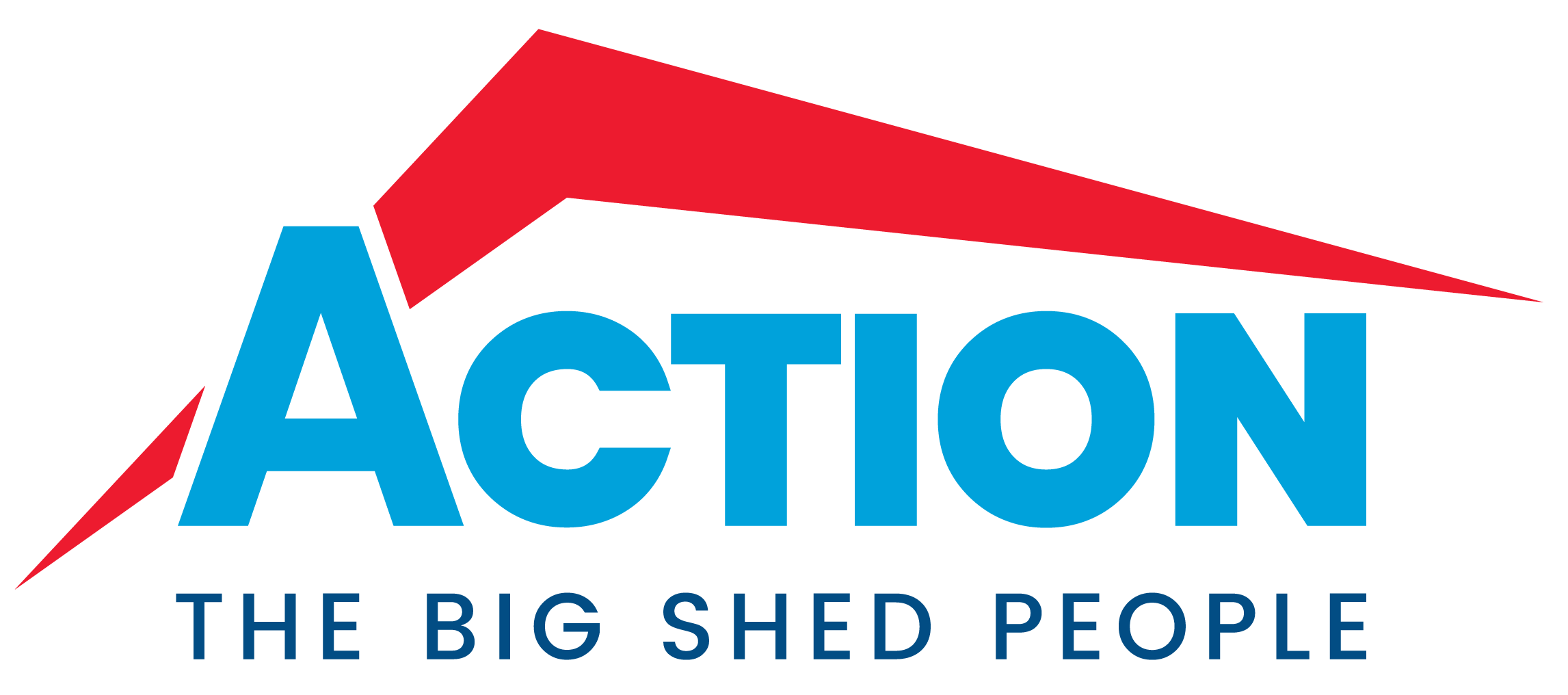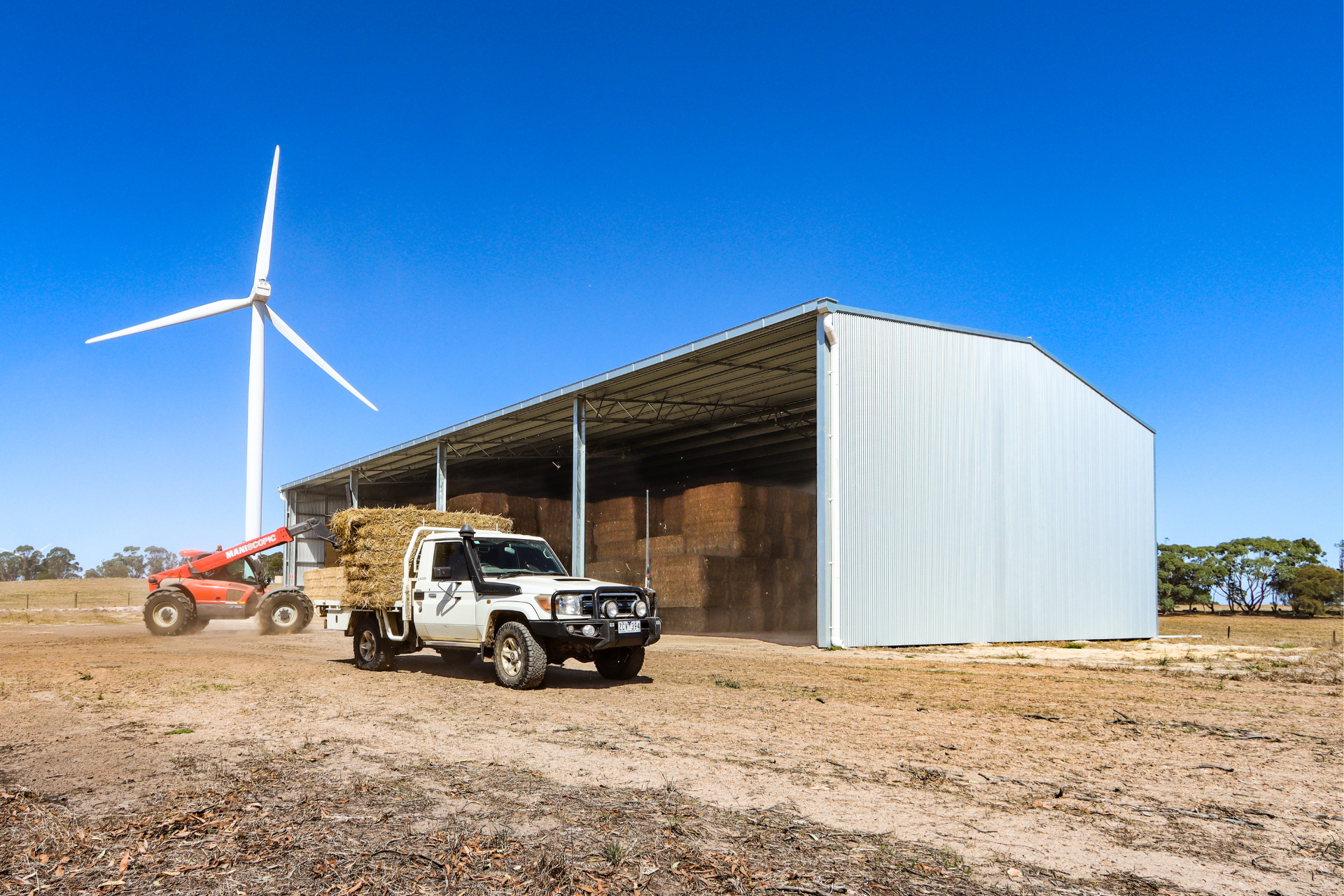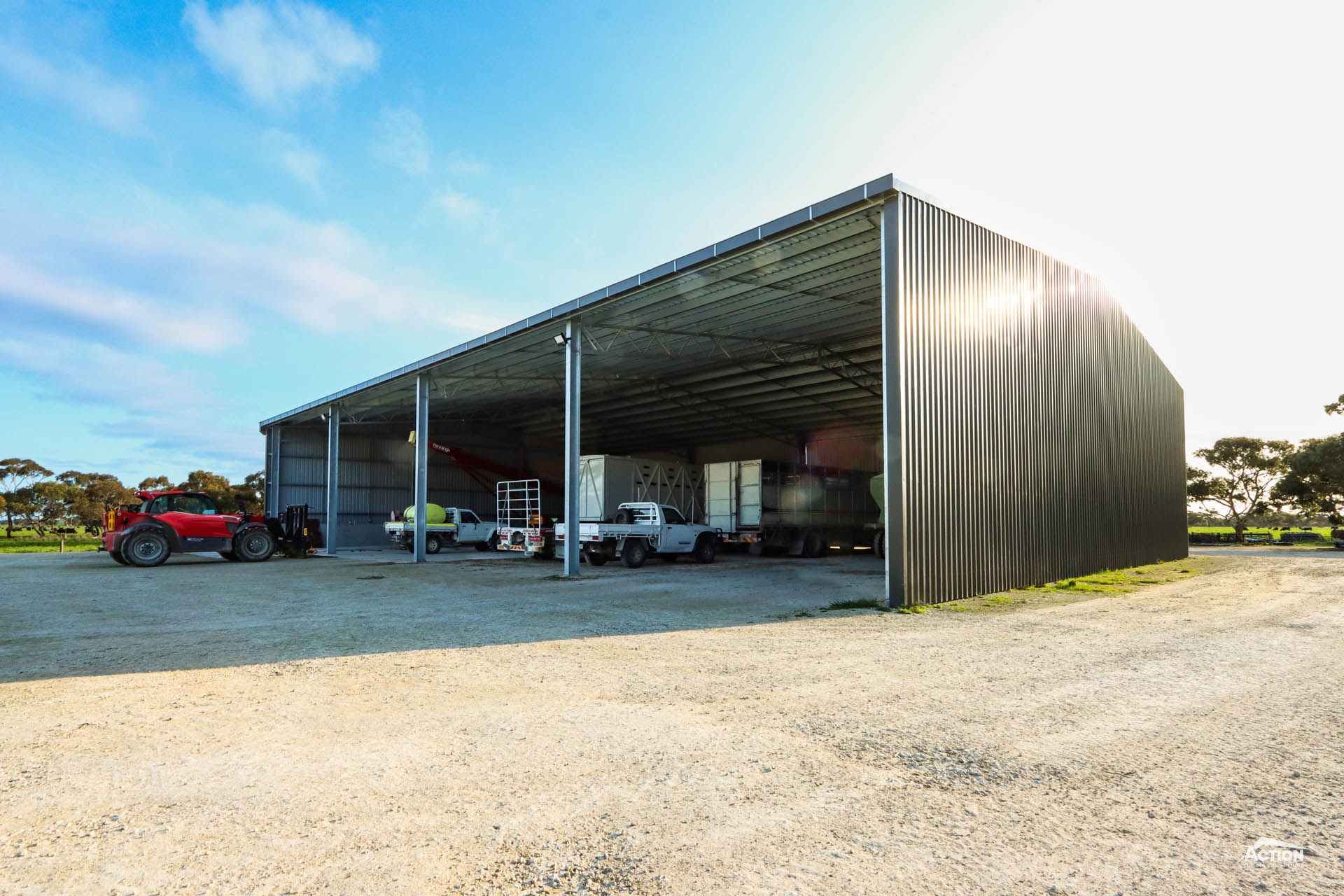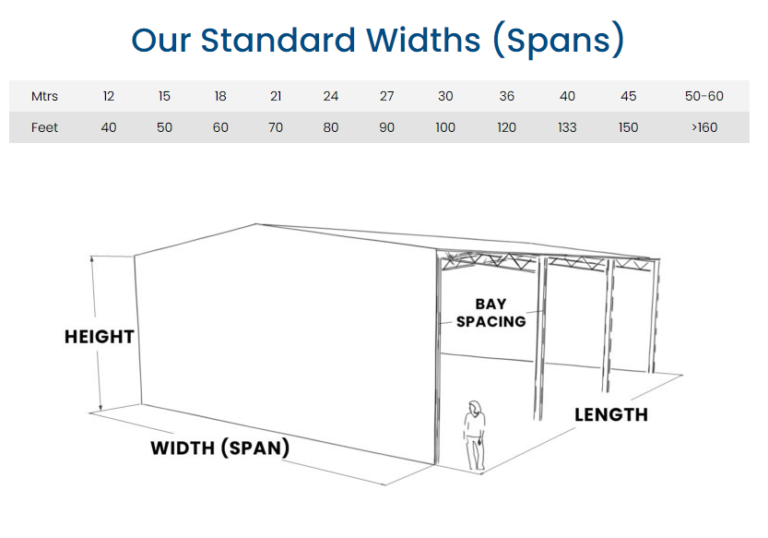Stress at harvest is inevitable. Harvest is the culmination of time, money and work spent throughout the year and there is pressure to deliver the results.
Harvest is all about juggling and balancing multiple challenges – sometimes these are beyond our control too, such as unpredictable weather, deadlines, fluctuating market conditions and evolving industry regulations.
All these factors combine to create a stressful time in the farming calendar.
Understanding stress and adopting practical management strategies can help you navigate this complex period, and reduce the impact that stress has on your well-being and performance.
In this article, we discuss some of the different types and signs of stress and suggest ways you can proactively reduce your stress at harvest.
We hope this discussion provides you with some food for thought as you gear up for a busy time of year!
Understanding Stress – What Is It and How Does It Affect You?
Stress, as simply defined by WHO, is “a state of worry or mental tension caused by a difficult situation. Stress is a natural human response that prompts us to address challenges and threats in our lives.”
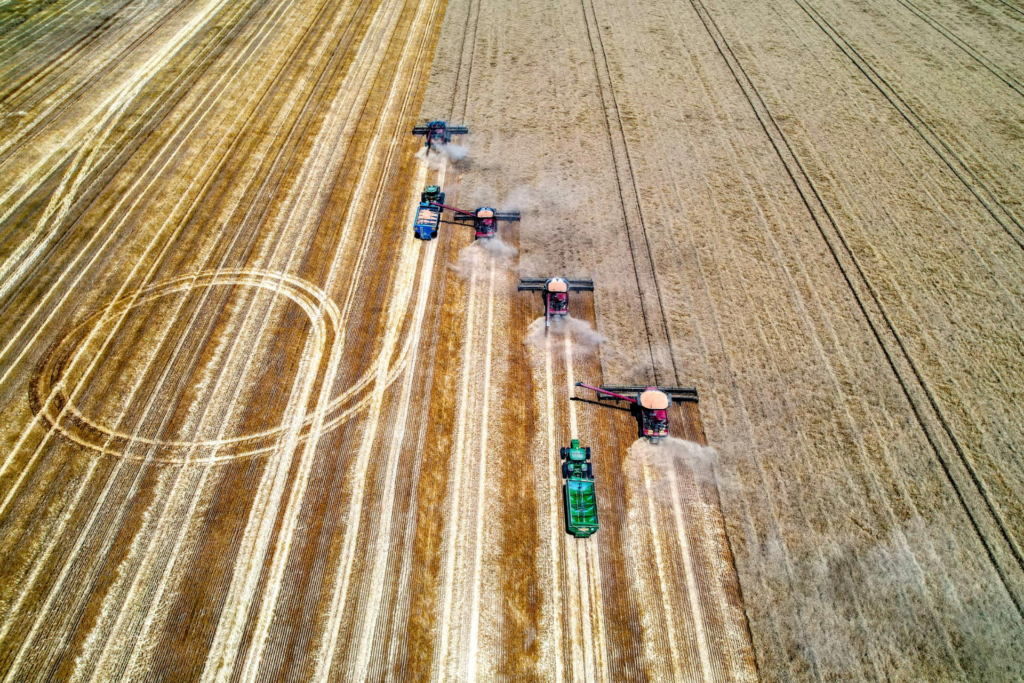
The Types of Stress
There are several types of stress including acute stress, episodic acute stress and chronic stress. Stress in the lead-up to and at harvest could be any of these depending on your situation – or a combination.
Acute stress is “short-term stress that comes and goes quickly. It can be positive or negative”.
Obviously, stress isn’t always negative. Positive stress is known as eustress and an example of this might be having a challenge that motivates and drives you to achieve your best. However, it is crucial to distinguish the line between helpful and harmful stress.
Episodic acute stress is “when you experience acute stress on a regular basis. With this kind of stress, you don’t ever get the time you need to return to a calm, relaxed state”
Chronic stress is “long-term stress that goes on for weeks or months” and can have a significant impact on your well-being and lead to health issues.
These stresses will manifest differently for everyone. Recognising your symptoms and triggers is the first step to reducing the impact on your life – and those around you.
Stressors – What Triggers Your Stress At Harvest?
Understanding the specific triggers for your stress can help you manage them effectively, and ultimately reduce your stress levels.
There are thousands of things that can cause stress – and some probably come to mind immediately – but they can vary from everyday routines to disruptive changes or traumatic events.
Stress triggers can usually be broadly categorised under:
- Physical environment such as working conditions
- Social and relationships such as conflict between team members
- Financial such as growing debt or the cost of replacement parts
- Organisational such as poor task planning
- Life events such as a damaging storm
- Lifestyle choices such as unhealthy diet or lack of exercise
- Physiological such as an injury or illness
If the cause of your stress and worry isn’t obvious, there are several ways to help identify your stress such as paying attention to your physical health and how you feel or react in different situations. Journalling this can provide a record that helps you recognise the source of stress. Here are some suggestions on how to get started – The Benefits Of Journalling For Stress Relief.
Plus, writing down any ideas or thoughts you are holding in your head is a great way to reduce mental clutter and helps you think clearly.
You could also share these with others for new perspectives and solutions – many hands make light work at harvest, and that is true for problem-solving too.

Symptom, Signs & Stages Of Stress
As we have already mentioned, stress presents differently for everyone – physically, emotionally and in the way we behave.
Physical signs of stress at harvest could include headaches, fatigue or insomnia.
Emotionally, signs and symptoms of stress could be irritability, frustration or impatience.
Behavioural signs can include social withdrawal, forgetfulness or not maintaining a good diet or self-care.
The symptoms you experience may depend on the stage of your stress. Stages of stress include:
- Alarm
- Resistance
- Burnout/Exhaustion
Now that we understand stress in general, let’s look at some ways to help reduce your stress at harvest.
7 Strategies To Manage & Reduce Stress At Harvest
We have rounded up a list of 7 suggestions for prioritising your wellbeing, keeping productive and ultimately, reducing your stress level.
Many of these ideas are good practice daily, at any time of the year – not just at harvest.
1
Prioritise Yourself.
You are your most important asset, and you are irreplaceable.
Prioritising your health and well-being involves regular health check-ups and exercise, maintaining a balanced diet and getting enough quality sleep.
Prioritising yourself isn’t selfish – you have a circle of family, friends and colleagues who want you to get home safely every day – and it will flow on to benefit all areas of your life, including helping you to avoid burnout.
2
Control The Controllable
This quote by Austrian physicist Viktor Frankl is often used in sporting scenarios, and it is very applicable to harvest time too.
Controlling the controllable means that you focus your energy on the areas you can influence and the problems you can solve, like your harvest preparation, your attitude and the way you respond to challenges.
So, identify the challenges that you can’t control and have measures in place to reduce the impact. For example, you could have a plan for what to do if you require replacement parts.
Then elevate the issues you can resolve and spend your energy on these. Stressing about things you can’t control isn’t productive, so shift your focus to being a problem solver.
Ultimately, having a clear understanding of controllable versus uncontrollable is a great way to provide clarity, increase effectiveness and allows you to let go of unnecessary stress.
3
Take A Break
While easier said than done at harvest, even a 15-minute break can refresh and reset your mind.
This can be a great time to review your progress and have a chat or have a complete break from your task by going for a walk or trying breathing exercises (here are some techniques to try) – develop a routine that works for you.
If you are feeling negative or overwhelmed, a break can help create a mindset change and get you back on track.
It is also a good idea to have a plan in place to help you recover and recharge after harvest, whether it is doing something you love or a family holiday.
4
Eat Healthy & Drink Water
A balanced diet and proper hydration are essential for maintaining energy levels and mental clarity.
For example, staying hydrated is important for mood regulation, sleep quality and cognitive functions such as problem-solving and paying attention.
Similarly, good nutrition improves brain function, reduces inflammation and helps prevent energy crashes.

In other words, a balanced diet will keep your energy levels stable, reduce fatigue and improve your focus, all of which are important at harvest.
Some practical ways to do this include meal planning and prepping ahead of time. This makes it easier to eat healthy food consistently during harvest – and is one less thing for you to think about.
When it comes to hydration, manage your caffeine intake and drink more water and hydrolytes.
Being healthy also includes choosing the healthy option for destressing. For example, plan your day to fit in some exercise.
Making time for movement and exercise is another great stress-relieving strategy. The Fat Farmers rural health initiative, founded on the Yorke Peninsula, does a great job of promoting and encouraging this – not just at harvest but year-round.
Joining a “Fat Farmers” group could be a great way to get moving!
5
Be SMART
Set SMART Goals to avoid the stress of unrealistic expectations, when you don’t have the time or resources to execute.
SMART goals are:
Specific
Measurable
Achievable
Relevant
Timebound
Having manageable goals also provides motivation, and focus and helps you to tick more tasks off your lists. Being productive and effective is a great way to reduce your stress load at harvest.
Here’s how to write them – How To Write SMART Goals.
6
Stay Positive
Cultivating a positive mindset boosts your morale, changes the way you approach problems and improves your ability to handle stress.
Being positive doesn’t mean ignoring the difficulties, instead, you approach them in the right frame of mind, helping you to make the right decisions.

A positive mindset will also help you turn any failures or setbacks into opportunities for learning.
Plus, laughter is a great form of stress relief. So, look on the bright side!
And, finally, communicate effectively.
7
Communicate Effectively
Communication is key, from verbalising and addressing issues to clarifying roles, responsibilities and expectations.
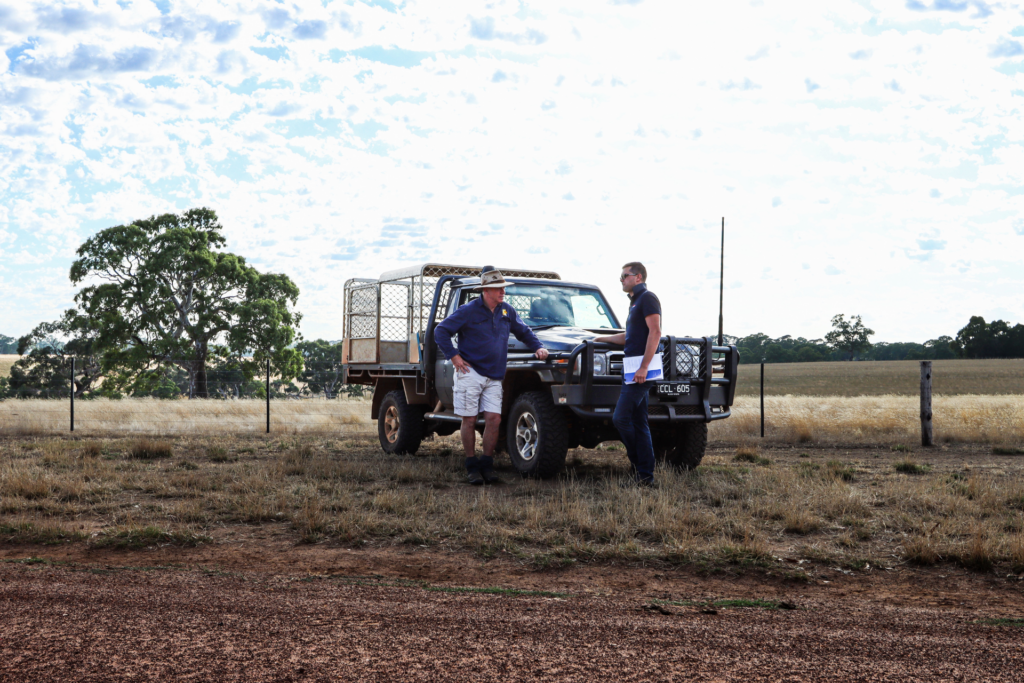
This could include regular, scheduled team meetings – but informal communication has an important role too. For example, a group chat to check in with the team.
This can also help encourage conversations around stress and fatigue. Talk it out – even when things are going well it is important to keep the lines of communication open.
Also, take the time to show gratitude and celebrate wins. Practicing gratitude is a great way to improve your positivity and there is a saying that success breeds success, so recognise achievements – including your own.
Listening (including listening to feedback) is an important part of effective communication too. Listen to others when they flag something and return the favour.
So, there are seven strategies you can implement to help manage and reduce your stress at harvest.
Remember, it is important to know the signs of stress (in yourself and others) and reach out before it becomes overwhelming.
Knowing when to get help, knowing where to get help and asking for help is the hardest thing to do – especially in rural areas and communities. So, look out for yourself and others for a successful and less stressful harvest.
For more articles like this, check out the Learning Hub. Or if you have a shed project you would like to discuss (having good storage is another great way to reduce stress at harvest) call us on 1800 687 888.
